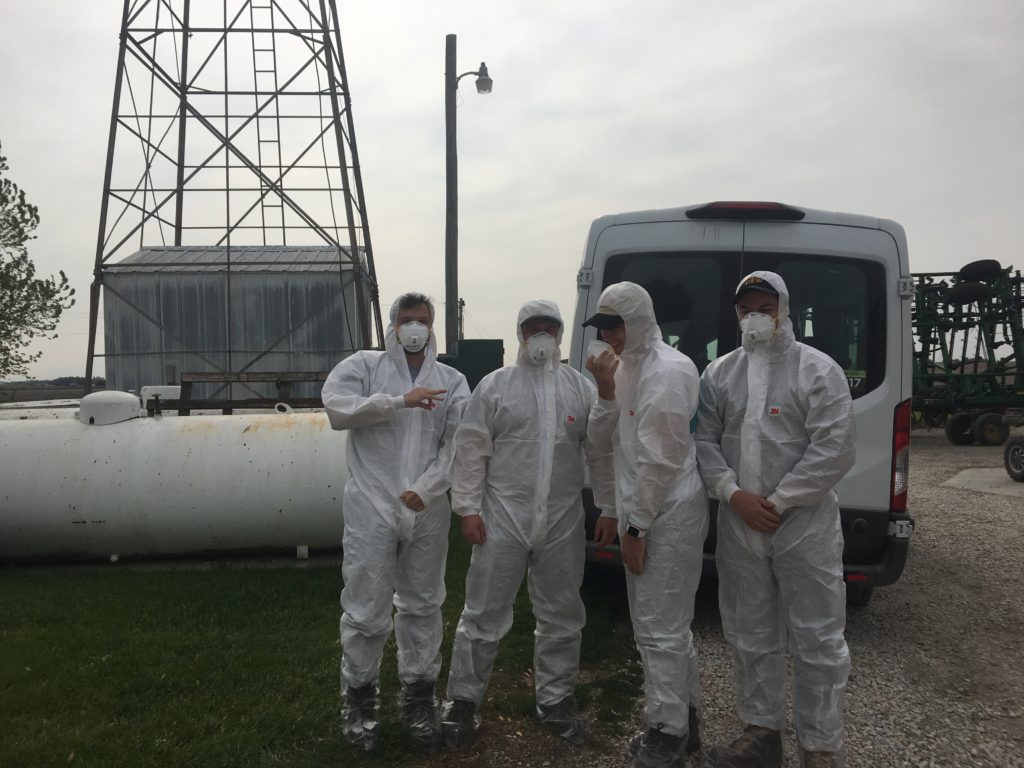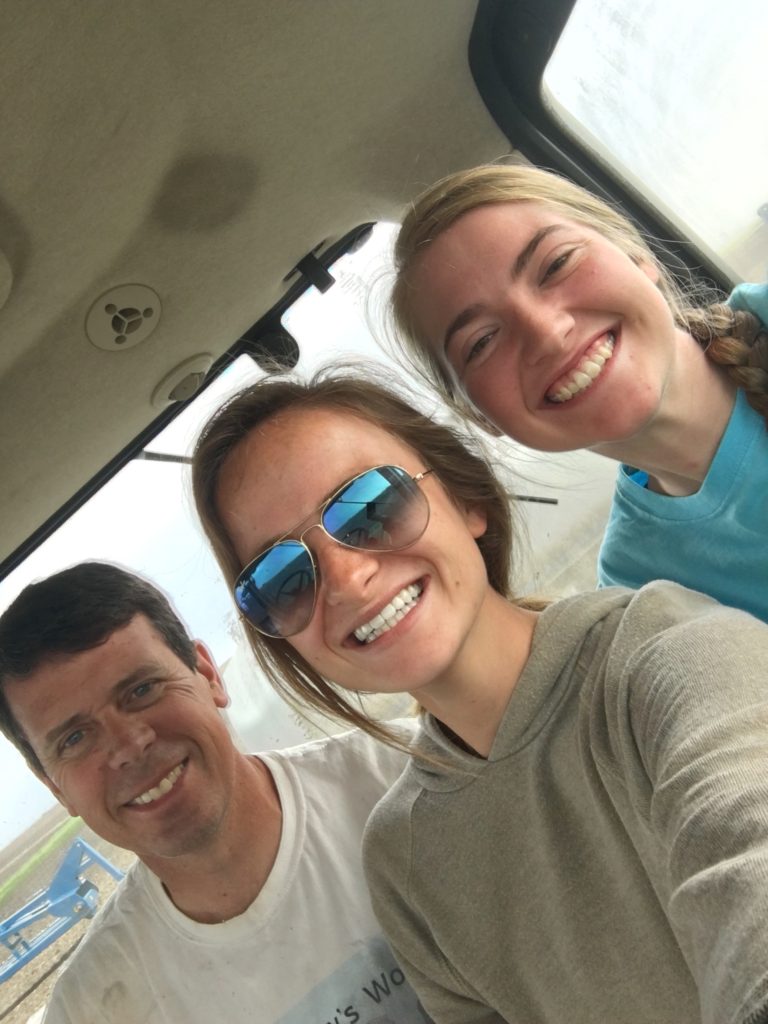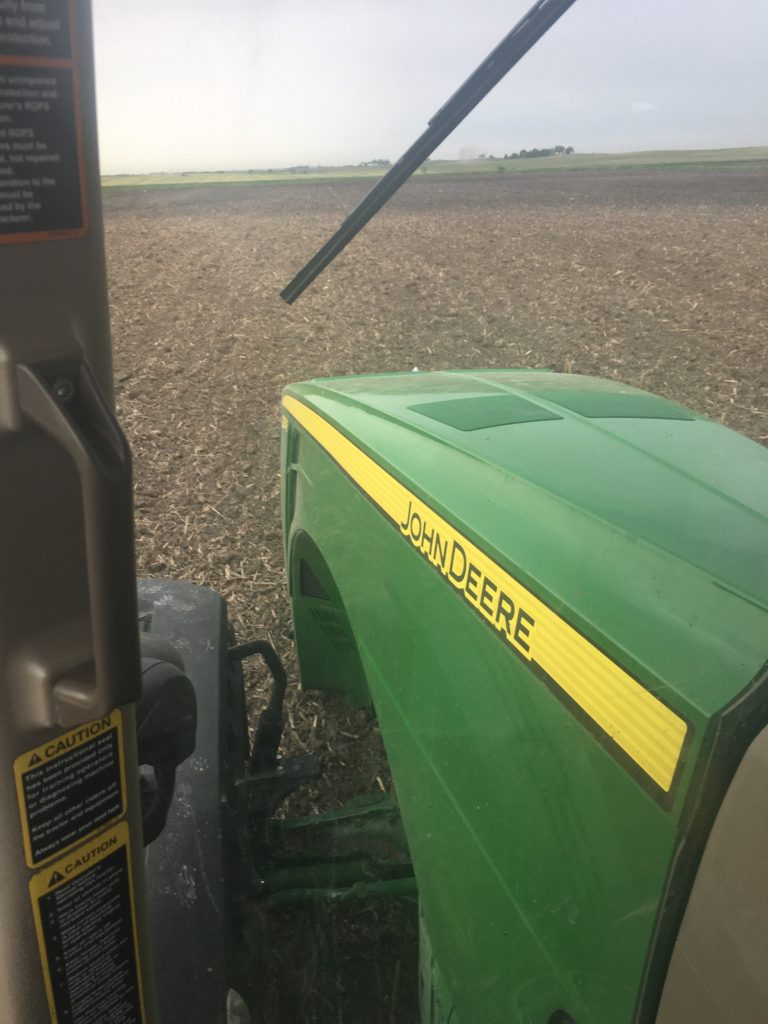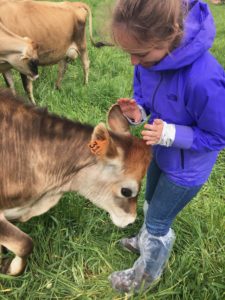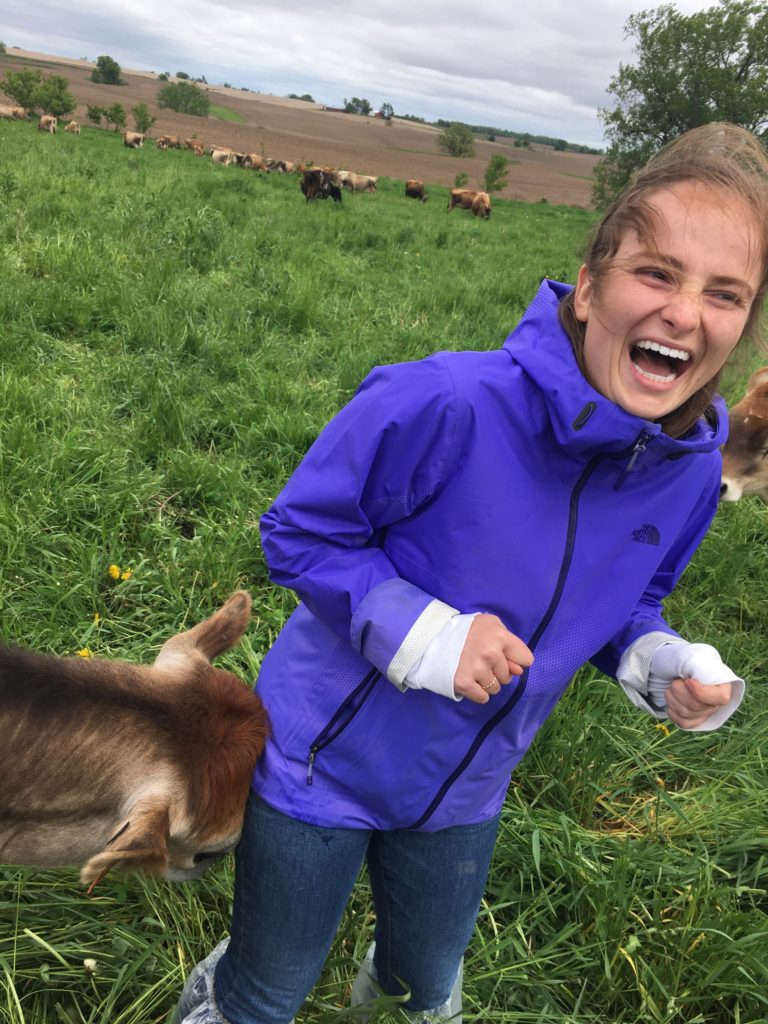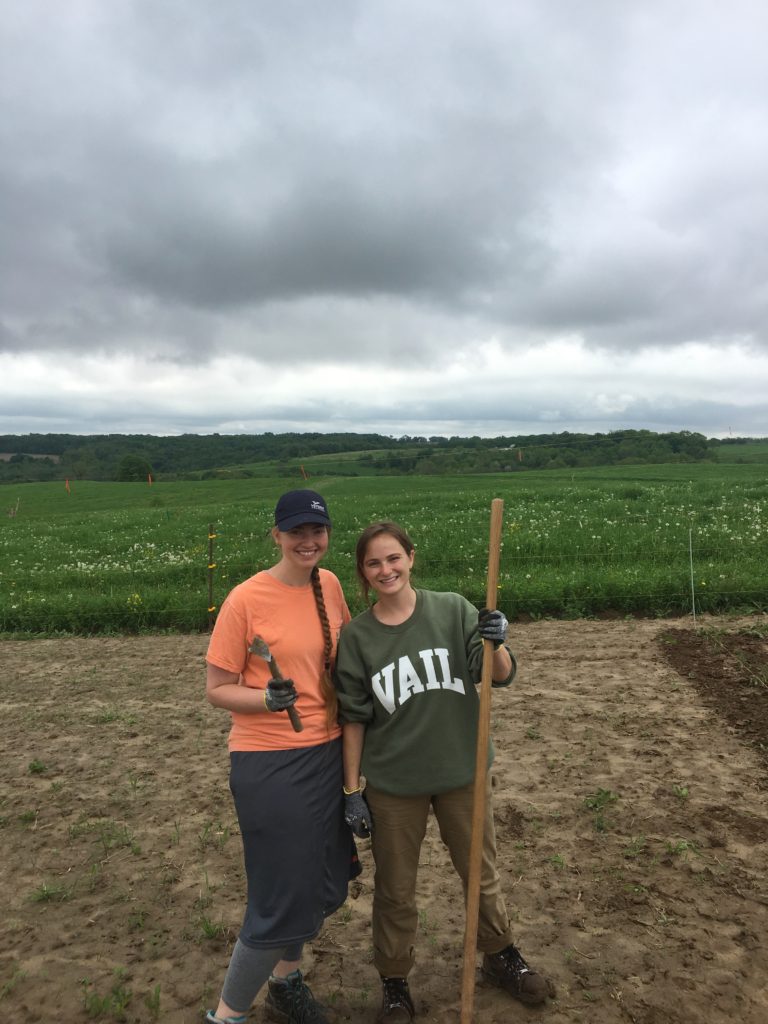I am currently sitting in the airport waiting for my flight out of Iowa. Before I transition into the next part of my summer, I want to spend some time analyzing and summarizing all of the information I have received over the course of the last three weeks. The focus of the course was farming but I learned that almost everything in Iowa can be traced back to farming so the course was basically on the whole state of Iowa and what has made it what it is today.
Many of the things that we learned can be placed into categories, I wish I could create a system model of the influences on agriculture in Iowa. Instead I will try and blog it out. ‘
An important thing to consider is the difference in scale; scale of farms, scale of power, scale of productivity. Scale influences voice in Iowa. The monopolizing companies (Corteva and Bayer) that hold a huge share of the market for seed sales have a lot of say in how agriculture operates in Iowa. Farmers with large scale farms dominate how agriculture is done. The expectation to grow enough corn to “feed the world” has increased the scale of production on each farm, giving us the “fencerow to fencerow” mentality that has resulted in the destruction of the natural landscape.
There are two broad categories that I think Iowa farmers utilize in their land use practices. They are organic and conventional, which everyone seems to agree with (except for Mr. Friest). That is not to say that conventional farmers are excepting that their methods are causing issues for many Iowans and Americans. There are very valid arguments for both practices. Conventional farming allows for food prices to be cheaper and more available for everyone (aside from the fact that so much is not even staying in America). Organic farming is better for humans and the earth. In spirit of increasing diversity, I think that both practices should remain. We should try to increase the use of other practices and maybe add another crop into the big ag rotation (it would increase biodiversity–so necessary in the Iowa landscape, and also assist in reducing nitrate and phosphorus flowing into the state’s rivers and lakes, and also improve soil quality), but I do not think that we should aim to eliminate it.
We talked a lot about policies and how much influence they could have on a solution. The Farm Bill will never be able to please everyone because some people are just plain wrong, and in some cases a compromise is not possible. There are things that need to be included but I feel that there can be policies to benefit both sides, or not destroy either side.
After talking to people about all of the terrors of agriculture and the condition of Iowa, some offered a closing remark that was meant to be uplifting. They said there is hope because our generation is better equipped to face these issues. While this is something, I’m not sure if it’s uplifting. I do think that serious changes will occur without the support of the government. I think that we need carefully written regulations that do not favor one practice over the other but make a balanced compromise. I don’t think something like this will happen until our generation fills more of the spots taken by elders stuck in their ways. Hopefully we can incorporate more sustainable practices and beliefs in higher levels of the system
This trip has really opened my eyes to the importance of well-rounded and thorough research. Before I came, I had formed what I thought were concrete beliefs about the agricultural system, now that I have experienced first-hand some of the leaders in each way of thinking, I have come to two conclusions. One, never predetermine how you feel about something without expecting to change your opinion. Everyone I met in Iowa seemed to want the best for themselves and for the state. They just had different understanding of the way things work; no one is out to destroy others to make a quick buck. Two, farming is COMPLEX. There are so many things to learn and to consider when examining agriculture in America. There is so much left to learn and I think more people should take an interest, that includes outside of Iowa State and University of Iowa.
I love Iowa and everyone I’ve met has been so incredibly sweet for absolutely no reason other than just being a better human—in the words of Storm Lake Police Department. Thank you to all who have accommodated us throughout out journey.

